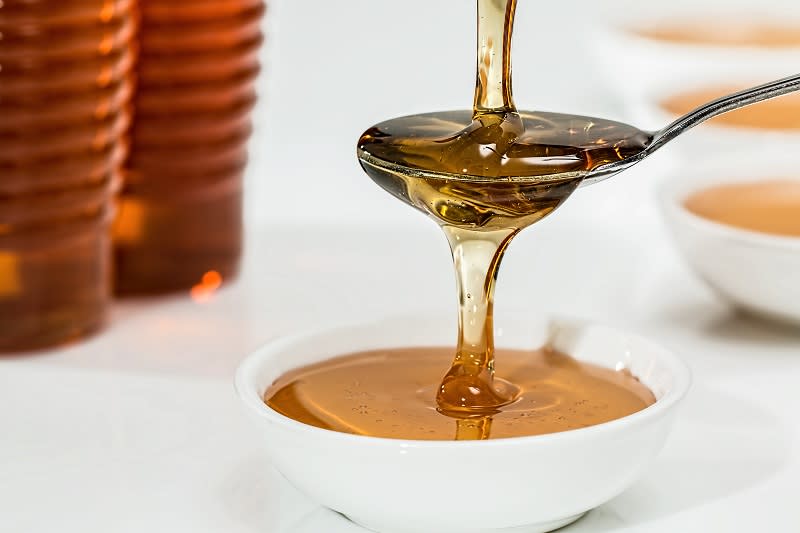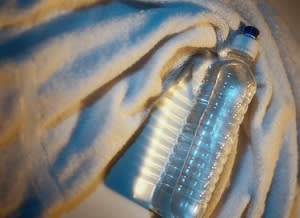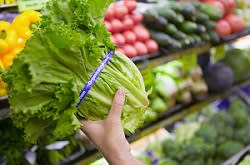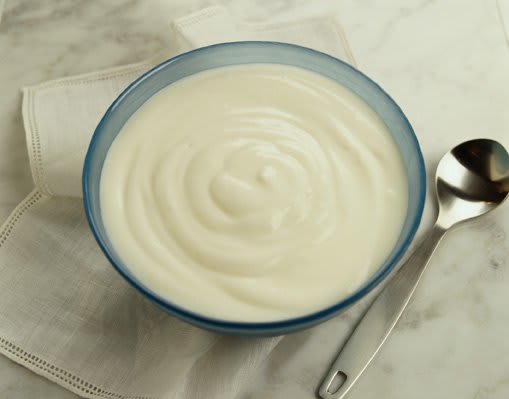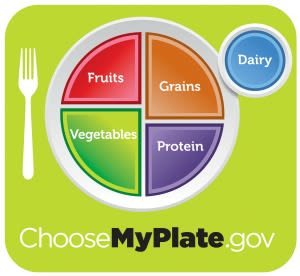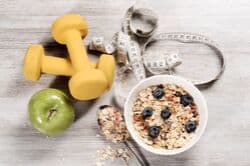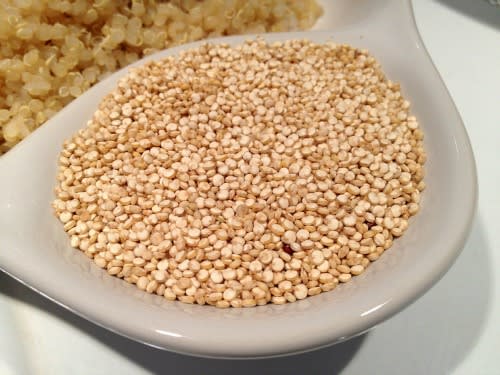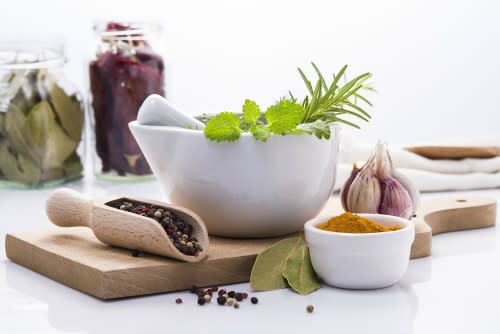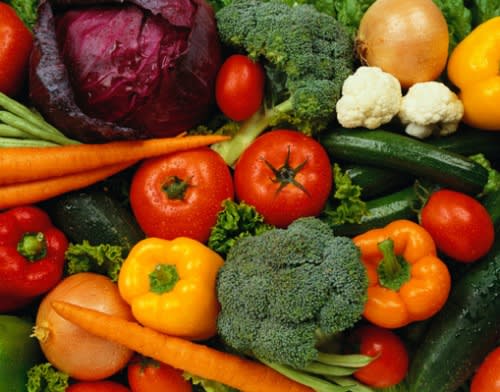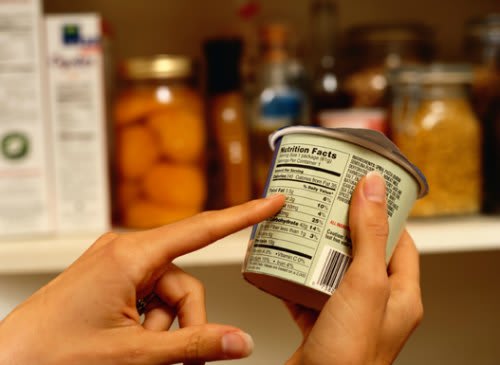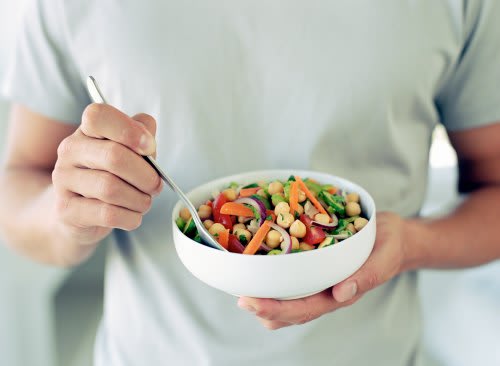Can You Drink Too Much Water?
Published: March 18, 2024l
Believe it or not, warm weather is coming. Before you know it, you’ll be filling — and refilling —your water bottle to quench your summer thirst.
Most of us drink more water during the summer months than we do when it’s cold because sweating from heat dehydrates us and makes our thirst impossible to ignore. Yet, by the time you have unquenchable thirst, that means you’re already dehydrated. Being healthy requires drinking even when you don’t feel thirsty so that you remain well hydrated all the time.
Carrying a personal water bottle, so ubiquitous that it’s become a fashion statement in our culture, is a great reminder to drink water. But there are a few things to keep in mind.
Water doesn’t have to be your only source of fluid. Fruits, vegetables, Italian ices, even ice cream — anything that liquifies at room temperature — counts toward your fluid intake.
We used to say that coffee didn’t count as fluid because of its diuretic properties, which refers to its ability to draw water out of your body. But that myth has been debunked. Coffee and tea, even with cream and sugar, count toward your fluid intake.
The more active you are, or the hotter the climate in which you live, the more you sweat and the more fluids you need. How can you tell if you’re drinking enough? Your urine color will tell you. If it’s concentrated and looks dark yellow or orange, then you need to drink more. If it’s pale yellow, then you’re well hydrated.
Water intoxication is especially dangerous for people who have a high risk for fluid overload, which happens when fluid builds up around the heart and impairs its ability to function properly. This includes people who have congestive heart failure (CHF) or are on dialysis or restricted fluid diets. If you have CHF or are on dialysis, ask your doctor how much fluid you should be drinking daily.
In the meantime, buy yourself a stainless-steel water bottle and drink up!
Most of us drink more water during the summer months than we do when it’s cold because sweating from heat dehydrates us and makes our thirst impossible to ignore. Yet, by the time you have unquenchable thirst, that means you’re already dehydrated. Being healthy requires drinking even when you don’t feel thirsty so that you remain well hydrated all the time.
Carrying a personal water bottle, so ubiquitous that it’s become a fashion statement in our culture, is a great reminder to drink water. But there are a few things to keep in mind.
What kind of water bottle is best? And how much water do you really need every day?
When it comes to water bottles, avoid those with bisphenol or BPA, a chemical that may be harmful to your health. BPA occurs in various products, including all kinds of water bottles and water supply pipes. For example, a plastic water bottle, the kind that convenience stores and airports sell, deteriorates in hot weather, allowing its materials, including BPA, to leak into your water. I recommend bottles made from stainless steel, which will not corrode or leach potentially dangerous particles in any temperature.How much water do you need to drink?
The human body needs 30 milliliters of fluid per kilogram of body weight. That’s about eight, 8-ounce glasses — or 64 ounces — of fluid daily. In other words, if you weigh 150 pounds, then you should be drinking 2045 milliliters — about 69 ounces — of water or some other healthy liquid each day. Pregnant women need more than 64 ounces a day, according to the American College of Obstetricians and Gynecologists, who recommend they drink eight-to-12 cups of water a day.Water doesn’t have to be your only source of fluid. Fruits, vegetables, Italian ices, even ice cream — anything that liquifies at room temperature — counts toward your fluid intake.
We used to say that coffee didn’t count as fluid because of its diuretic properties, which refers to its ability to draw water out of your body. But that myth has been debunked. Coffee and tea, even with cream and sugar, count toward your fluid intake.
The more active you are, or the hotter the climate in which you live, the more you sweat and the more fluids you need. How can you tell if you’re drinking enough? Your urine color will tell you. If it’s concentrated and looks dark yellow or orange, then you need to drink more. If it’s pale yellow, then you’re well hydrated.
How do you know if you’re drinking too much water?
Clear urine could indicate too much water intake, which could lead to hyponatremia or water intoxication. This occurs when your urine is so diluted that it depletes your sodium and other mineral levels. The body must maintain an appropriate balance between sodium and potassium to keep the heart, cells, and nervous system working properly. Water intoxication disrupts this balance. When this happens, you may feel drunk, dizzy or confused. We often see this condition in marathon runners or other elite athletes who are careful to rotate their water intake with electrolyte drinks to maintain the balance of salt and other minerals in their body.Water intoxication is especially dangerous for people who have a high risk for fluid overload, which happens when fluid builds up around the heart and impairs its ability to function properly. This includes people who have congestive heart failure (CHF) or are on dialysis or restricted fluid diets. If you have CHF or are on dialysis, ask your doctor how much fluid you should be drinking daily.
In the meantime, buy yourself a stainless-steel water bottle and drink up!
Featured Expert/ Author














